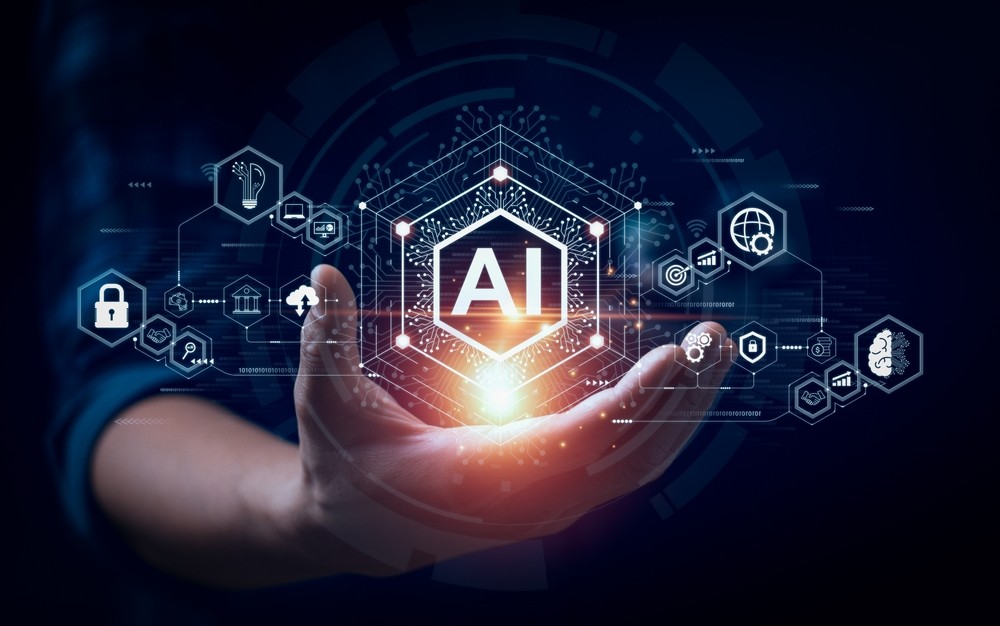At a time when artificial intelligence (AI) is increasingly penetrating many areas of our working lives, the question arises: Can AI replace the project manager? When we ask AI this question, it responds that it can significantly improve project management through enhanced decision-making and increased efficiency.
But how far does this support really go, and what are the limits?
Digital Support: AI’s Strengths in Project Management
There is no doubt that the strengths of AI in project management are impressive. In planning and scheduling, for example, it can create automated timelines based on resource availability, task dependencies, and historical data. It can simulate various project scenarios to assess risks and delays and offers recommendations on optimal next steps. In risk management, AI can identify risks more precisely and provide high-quality impact analyses based on vast datasets.
The strengths of AI in project management can be summarised in several areas:
• Planning and Scheduling: automated schedules based on resources and task dependencies and simulation of scenarios to assess risks and delays.
• Risk Management: precise risk identification and well-founded impact analyses.
• Resource Management: optimised allocation of resources based on availability and skill sets.
• Project Monitoring: real-time dashboards for tracking progress and identifying deviations.
• Document Management: contract review, risk tagging, and version control.
• Decision-Making: recommendations for next steps and efficiency improvements.
• Quality Management: error detection, compliance monitoring, and automated change requests.
Facts and Figures: AI in Cost Management
AI seems especially capable in cost management, particularly for data-driven tasks like estimation and benchmarking, quantity take off, invoice and payment verification, forecasting, contract analysis, and reporting. Here, it can fully leverage its analytical strengths and save project managers valuable time. The precision and speed with which AI can process large volumes of data make it an invaluable tool for these aspects of project work.
The Limits of AI in Project Management
Despite its impressive capabilities, AI has its limitations in certain areas. These include in planning where there can be a lack of understanding for nuance and creative conflict resolution and in risk management where it can’t evaluate soft risks or undertake holistic decision-making based on "gut feeling." In the area of resource management, it has an inability to consider personal dynamics such as motivation, fairness, or burnout and when it comes to communication and collaboration it lacks the capacity to build trust, inspire teams, or handle emotional conversations.
The Future: AI and Humans as a Team
The future of project management clearly does not lie in a competition between AI and humans, but in their collaboration. AI is a powerful assistant but not a leader. It is best suited for data-heavy, repeatable tasks, while humans remain superior in leadership, judgment, ethics, negotiation and empathy.
In this context AI can be compared to the autopilot in a modern airplane: it can fly, navigate, and even land under ideal conditions. But a human pilot is still needed to deal with weather, emergencies, conflicting instructions, and passenger safety. In project management, AI is the autopilot; the project manager is the pilot.
This collaboration leads to faster reporting, better forecasting, and reduced administrative workload – giving project managers more time for leadership, stakeholder engagement, and decision-making.
Responsibility: The Insurmountable Boundary for AI
In addition, there is one thing that AI will never be able to do in place of the project manager: take responsibility – standing in front of stakeholders or clients to defend a decision or accept blame. Project management is not just about managing tasks; it’s about working with people and handling real-world risks and uncertainties, where data may be incomplete and outcomes unpredictable.
Only a human project manager can:
• Make tough decisions when data is unclear.
• Lead under pressure.
• Be the face of a decision.
AI can inform the project manager – but only the project manager can bear the consequences.
About François Haykal:
François Haykal is a consultant in project management for construction projects, with extensive experience in executing complex infrastructure and data centre projects across Europe. He combines strategic insight with a strong technical foundation and is passionate about integrating innovations – such as AI – into project delivery, without neglecting the irreplaceable human judgment and accountability that real-world project management demands.




